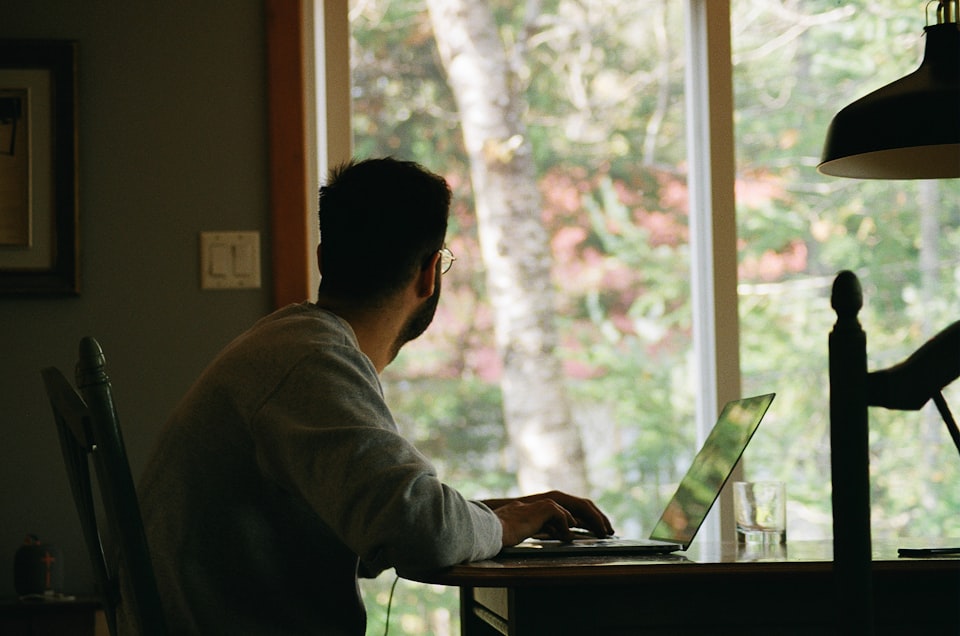Remote work monitoring hurts performance

Writing about remote work at the Gartner Blog Bart Willemsen says: “…a proactive approach toward transparency and privacy creates an opportunity for a competitive difference among enterprises by fostering increased productivity and sales successes, improving public image, and enhancing customer trust.”
It’s hard to disagree with this.
He goes on to list one of five predictions Gartner made on the future of privacy. Making predictions about aspects of technology is central to Gartner’s business.
By 2023, organisations that do not excessively monitor remote working employees will experience up to 15 percent higher productivity than those that do.
Excessive remote work monitoring is one of the nastiest forms of Taylorism.
Lack of trust
This is a century-old management idea that sees workers as machines. It is dehumanising. It kills any notion of trust between employer and employee.
There are jobs and tasks that can benefit from monitoring. These are the mundane and repetitive things. That kind of job belongs to machines or bots.
When people need to think and come up with creative ideas, constant monitoring is counterproductive. You can’t deliver inspired thinking to order.
Remote work monitoring means lower productivity
As Gartner points out, excessive monitoring will lead to lower productivity. No doubt companies that engage in the practice will find it hard to recruit. Those who have an option will choose to work elsewhere.
This matters more now that remote working is mainstream.
Dumb employers like to measure worker input: keystrokes per minute, completed calls and similar. Smart employers focus on output. That’s the part that matters. The how is less important. If someone gets the job done or hits targets, you don’t need to worry about the details of how they reached their goals.
This focus on long-term value and trust is critical, especially when resources are tight and experience trumps money in a downturn.
One other point. Smart workers will go to lengths to get around monitoring. For some it is a challenge.
Member discussion